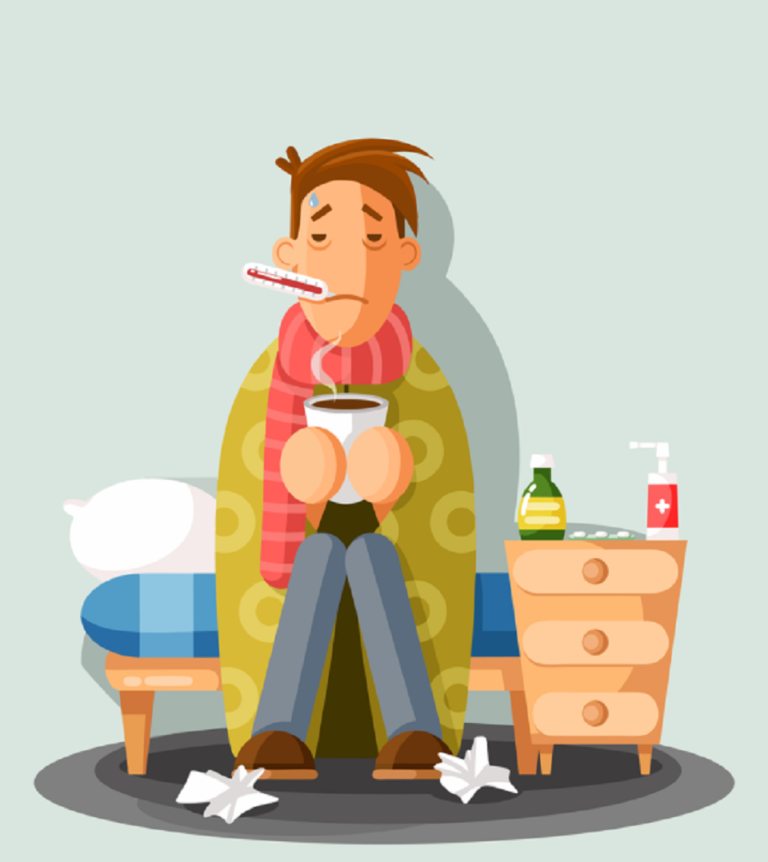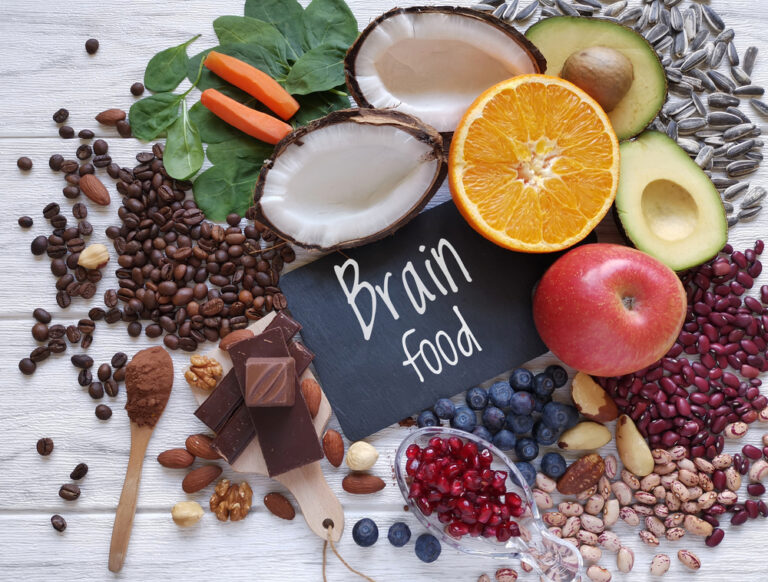
Although we don’t know a lot about the causes of Alzheimer’s disease, having the following conditions may raise your risk or make your symptoms worse.
Anemia
This common blood disorder is defined by a decline in red blood cells. These cells transport oxygen, which is why a common symptom is persistent fatigue. Other symptoms include weakness, shortness of breath, and cold hands and feet.
The condition hits more than 3 million Americans. Some studies have found a connection between anemia and an increased risk of dementia in older adults. One of the most common causes of anemia is an iron deficiency, which can result from a poor diet; it may also be a side effect of certain medications.
The concern is that by depriving the brain of oxygen, anemia could lead to the type of damage seen in people with Alzheimer’s. The results of one 11-year study involving more than 2,500 people ages 70-79 revealed that those with anemia had a 40 percent higher risk of developing dementia than people who didn’t have anemia.
Depression and anxiety
‘There’s quite a lot of evidence that for people who are destined to develop Alzheimer’s dementia, sometimes the first thing you see is depression or anxiety,’ says Pierre Tariot, MD, director of the Banner Alzheimer’s Institute in Phoenix, Arizona.
However, scientists say these mood disorders may not be just a symptom of Alzheimer’s—they may actually be risk factors for developing the disease. Because depression and anxiety can elevate levels of the stress hormone cortisol, one theory is that chronically high levels of cortisol can damage the brain.
Interestingly, antidepressant drugs are being researched as a potential treatment for Alzheimer’s. ‘Certain antidepressants have anti-amyloid [a protein associated with Alzheimer’s] properties with enough credibility that there are two trials of antidepressants that aim to find out if we can derail the Alzheimer’s process with these drugs,’ Dr. Tariot says.
Diabetes
The link between diabetes and Alzheimer’s is fairly strong. ‘Diabetes is probably a risk factor for multiple reasons,’ says Dr. Tariot. ‘Top of the list is that the disease leads to abnormal inflammatory responses in multiple organs—including the brain. Another reason is that the insulin-signaling pathway is also one of the pathways involved in the breakdown of amyloid.
Finally, diabetes contributes to cerebrovascular disease [conditions that raise the risk of stroke], which is a significant factor for Alzheimer’s.
‘Nearly 21 million Americans have diabetes, and an estimated 54 million more have prediabetes, according to the Alzheimer’s Association. But the disease can be controlled with diet and lifestyle changes, and medication when necessary, to lower the risk.
Down syndrome
‘The genetics are similar in Down syndrome and Alzheimer’s,’ explains Elise Caccappolo, PhD, associate professor of neuropsychology at Columbia University Medical Center. ‘If people with Down syndrome grow old enough, they will develop Alzheimer’s.’ The genetic mutation that triggers the syndrome also causes amyloid plaques—a hallmark of Alzheimer’s disease—to build up in the brain over time.
Gum disease
Gingivitis and periodontitis—gum disease—indicate the buildup of harmful bacteria in your mouth, and they’re mobile: ‘These bacteria can travel to the heart and brain and can cause inflammation,’ explains Rudolph Tanzi, PhD, a neurology professor at Harvard University and director of Massachusetts General Hospital’s Genetics and Aging Research Unit.
Gum disease is extremely common; nearly half of all American adults have some form of it. Fortunately, it’s also easy to prevent (and treat). ‘Be religious about flossing your teeth,’ says Tanzi. And get regular teeth cleanings and checkups every six months.
Hearing loss
Hearing loss doesn’t appear to cause the physical brain changes that are characteristic of Alzheimer’s disease, but it may be responsible for—and accelerate—dementia, which could make Alzheimer’s symptoms even more severe. ‘Any significant sensory impairment is almost certainly going to magnify or exaggerate the consequences of any cognitive impairment,’ Dr. Tariot explains.
One concern is that if someone’s hearing has been bad or failing for years, it could harm that person’s brain, he says. An 18-year study led by researchers at Johns Hopkins University and the National Institute on Aging found that the worse someone’s hearing loss was, the more likely they were to develop dementia.
Herpes and other infections
Scientists are researching the connection between certain types of chronic infections, such as herpes, and Alzheimer’s disease. These researchers believe the infections may accelerate the damage of Alzheimer’s by triggering chronic inflammation.
While experts once thought the amyloid plaques found in the brains of people with Alzheimer’s disease were junk, they now theorize that the plaque may be the body’s protective response to infection. The more plaques the body produces—by repeated herpes outbreaks, for example—the greater a person’s risk of developing Alzheimer’s later in life.
‘At age 50, 90 percent of the population carries HHVI, the herpes cold-sore virus,’ says Tanzi. ‘If you get a cold sore now and then, don’t panic. But if you’re one of those people who get a cold sore every month or even more frequently, you might want to seek medical attention for antiviral drugs or other therapy.’
Eventually, scientists hope to develop vaccines and drugs to fight these viruses and infections more effectively.

























